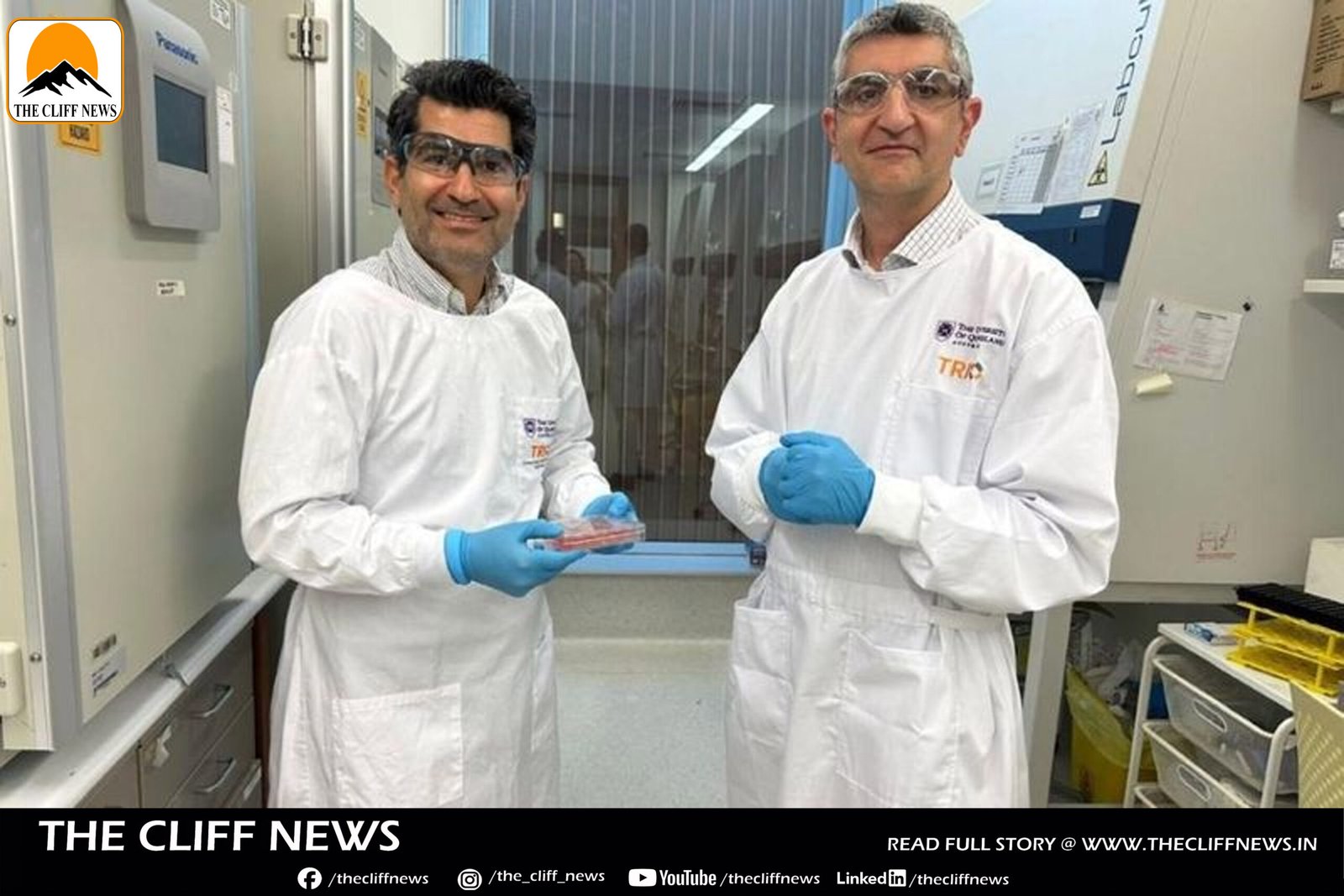In a groundbreaking medical breakthrough, scientists at the University of Queensland have successfully grown the world’s first fully functioning lab-made human skin with its own blood supply. The achievement is expected to revolutionize treatments for burns, grafts, and chronic skin diseases.
The research team, led by Dr. Abbas Shafiee from UQ’s Frazer Institute, used stem cells to engineer a 3D skin model that mimics real human skin more closely than any existing lab-grown versions. The artificial skin includes blood vessels, capillaries, hair follicles, nerves, pigmentation, immune cells, and layered tissues.
“This is the most life-like skin model that’s been developed anywhere in the world and will allow us to study diseases and test treatments more accurately,” Dr. Shafiee said. “Until now, scientists were limited in how we could study skin diseases or trial new therapies, but this model changes that.”
How the Breakthrough Was Achieved
- Researchers reprogrammed human skin cells into stem cells, which can develop into any cell type.
- These cells were grown into skin organoids (miniaturized lab-grown versions of skin).
- The same stem cells were used to create tiny blood vessels, which were added to the skin to replicate natural development.
The resulting skin displayed natural characteristics, including hair follicles, pigmentation, nerve endings, and most importantly, a self-sustaining blood supply.
Six Years in the Making
The project took six years to develop and has been published in Wiley Advanced Healthcare Materials. Co-author Professor Kiarash Khosrotehrani emphasized its potential impact:
“Skin disorders can be difficult to treat, and it’s a real breakthrough to provide hope for people living with chronic conditions such as psoriasis, atopic dermatitis, and scleroderma.”
Future Applications
The lab-made skin could improve:
- Skin grafts for burn victims
- Drug testing for dermatological conditions
- Personalized treatments for inflammatory and genetic disorders
This pioneering step in regenerative medicine may bring science closer to providing customized skin grafts and more effective therapies, offering new hope to millions worldwide.



